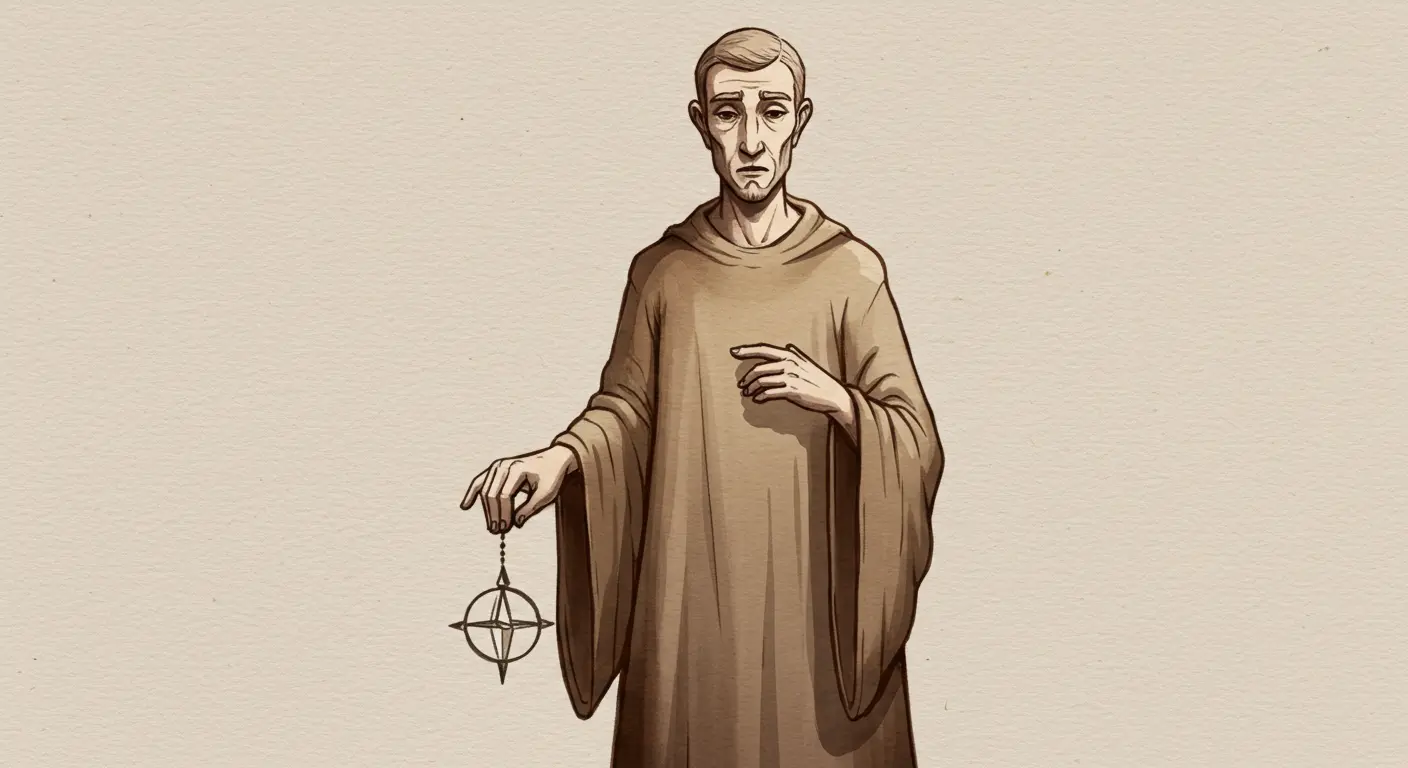A Developer's Foray into Epistemology
Published 12.15.2024

As a developer, my day-to-day is based on the pursuit of correctness—crafting solutions that are both effective and, in a sense, "true." This inherent drive for accuracy has naturally led me to contemplate a deeper question: what constitutes truth itself? This has drawn me into the intricate realm of epistemology, the philosophical study of knowledge.
Epistemology, at its core, grapples with the very nature of knowing: the processes by which we acquire understanding, and the crucial distinction between mere opinion and genuinely justified belief. My own, largely self-directed, exploration through online resources and various papers has coalesced around a fundamental question: what does it truly mean to know something?
The JTB Framework
My initial research focused on foundational concepts: belief, truth, and justification. The traditionally accepted view of knowledge as "justified true belief" (JTB) initially seemed a sound framework. The JTB model posits that for a belief to qualify as knowledge, it must satisfy three criteria: it must be true, the individual must believe it, and this belief must be supported by adequate and relevant evidence. This three-part definition seemed, on the surface, quite satisfactory. If a belief is both true and justified, does it not, logically, qualify as knowledge?
The Gettier Problem
However, my investigations led me to the landmark 1963 paper by Edmund Gettier: "Is Justified True Belief Knowledge?". Gettier presented a series of thought experiments that challenged the JTB framework. He posited scenarios where a belief could simultaneously be justified and true, yet intuitively fail to qualify as genuine knowledge. Consider, for instance, the belief "I know there's a dog in the park." One might believe this, regardless of the reality. If a dog is, in fact, present, that belief may be justified after witnessing it at the end of the park, achieving the status of knowledge. However, if the dog was an illusion, the belief would still be true. It's presence is separate from the individuals belief, and therefore is not "knowledge" despite being justified and true.
Gettier's arguments proved profoundly influential, exposing a critical flaw in the seemingly robust JTB model. This exposure forced a reevaluation of what it means for a belief to be justified. It prompted me to think more critically about the nuances of knowledge, recognizing that a simple definition is insufficient to capture its true complexity.
Conclusions
My continuing explorations have led me to a more defined understanding of the relationship between justification and truth. Is justification merely a tool to ascertain truth, or is their interplay a more complex, perhaps even symbiotic one? Through my research, I've come to appreciate that justification, while vital, does not guarantee truth. It is a process of establishing grounds, but the inherent complexities of our information acquisition and analysis often mean that even well-justified beliefs can be, ultimately, mistaken.
These epistemological explorations are an ongoing endeavor, one that has revealed the multi-layered nature of what we commonly regard as knowledge. It stands as a potent reminder that the pursuit of genuine understanding is a continuous and demanding process.
The way we justify our beliefs has a profound impact, shaping our interactions and the solutions we create. What does this all imply for the future of technology and our collective comprehension of the world? This remains, for me, an open and compelling question.